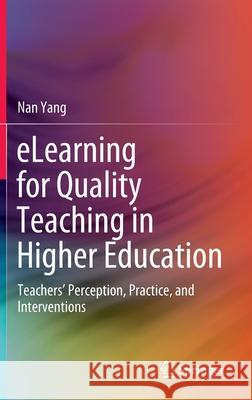Elearning for Quality Teaching in Higher Education: Teachers' Perception, Practice, and Interventions » książka
topmenu
Elearning for Quality Teaching in Higher Education: Teachers' Perception, Practice, and Interventions
ISBN-13: 9789811544002 / Angielski / Twarda / 2020 / 157 str.
Elearning for Quality Teaching in Higher Education: Teachers' Perception, Practice, and Interventions
ISBN-13: 9789811544002 / Angielski / Twarda / 2020 / 157 str.
cena 402,53
(netto: 383,36 VAT: 5%)
Najniższa cena z 30 dni: 385,52
(netto: 383,36 VAT: 5%)
Najniższa cena z 30 dni: 385,52
Termin realizacji zamówienia:
ok. 16-18 dni roboczych.
ok. 16-18 dni roboczych.
Darmowa dostawa!
Kategorie:
Kategorie BISAC:
Wydawca:
Springer
Język:
Angielski
ISBN-13:
9789811544002
Rok wydania:
2020
Wydanie:
2020
Ilość stron:
157
Waga:
0.41 kg
Wymiary:
23.39 x 15.6 x 1.12
Oprawa:
Twarda
Wolumenów:
01
Dodatkowe informacje:
Wydanie ilustrowane











